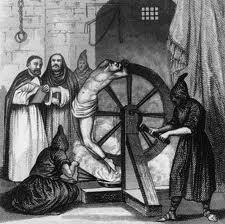First published in 1957
*
* போர்களுக்கும் காலனியாதிக்கத்திற்கும் எதிராகக் குரல் கொடுத்தவர்.
* ஹிட்லருக்கு எதிரான கருத்துப் போராட்டத்தை நடத்தியவர்.
* அமெரிக்காவின் வியட்நாம் யுத்தத்தைக் கடுமையாக எதிர்த்தவர்;
* அணுகுண்டு அழிப்புக்கும் குரலெழுப்பியவர்.
மனிதப் பண்பாடுகளுக்காகவும், சுதந்திரத்திற்காகவும் அவர் எழுதிய இலக்கியத்திற்காக 1950-ல் இலக்கியத்திற்கான நோபல் பரிசு பெற்றவர்.
*












